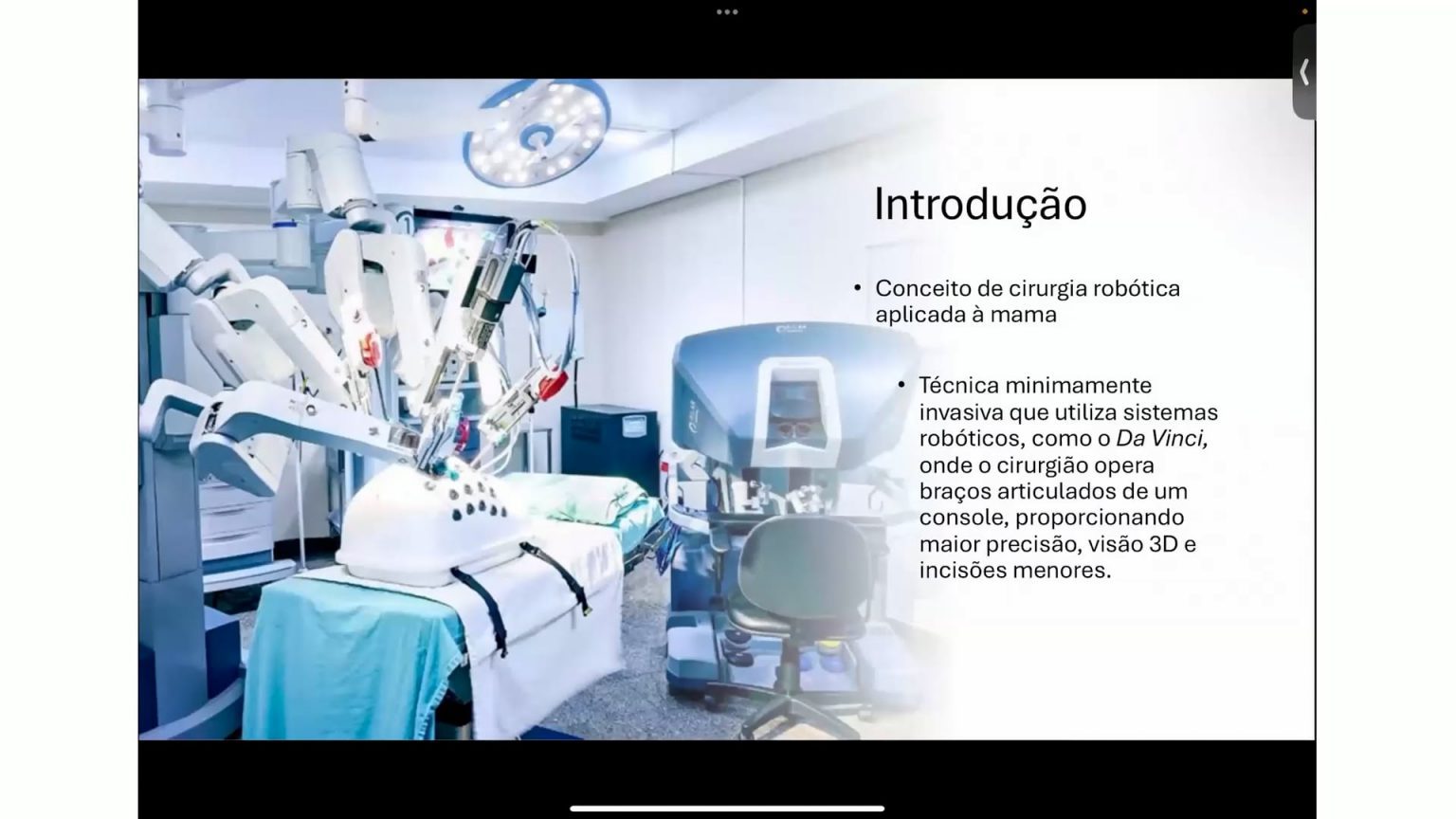Artigo
Efficacy of Presurgical Short-Term Endocrine Therapy During theWaiting Period for Surgery in Postmenopausal HormoneReceptor-Positive Breast Cancer
ABSTRACT
Background: Although presurgical endocrine therapy has been used to enhance the rate of breast cancer conservation, its prognostic relevance is unknown. Te search for a valid prognostic factor equivalent to pathological complete response in presurgical chemotherapy remains a challenge in presurgical endocrine therapy. Tis study investigated the efcacy of presurgical short-term endocrine therapy (preSTE) and assessed prognostic factors, including the preoperative endocrine prognostic index (PEPI) score.
Methods: From October 2012 to November 2021, 269 postmenopausal women diagnosed with hormone receptor-positive (HR+), human epidermal growth factor receptor 2 negative breast cancer underwent endocrine therapy with a nonsteroidal aromatase inhibitor during the presurgical waiting period. Te primary endpoint was to assess the changes in tumor size using ultrasonography, and Ki67 expression levels before and after preSTE. Te secondary endpoint was the prognosis of patients categorized using the PEPI score.
Results: Te median age of patients was 68 years (range, 41–89 years). Te median tumor size was 1.65 cm (range, 0.4–7.5 cm). Te average pretreatment Ki67 expression level was 10% (range, 0%–90%). Te median duration of endocrine therapy was 39 days (range, 2–88 days). Tumor diameter and Ki67 expression levels were signifcantly decreased to 1.43 cm (range, 0.45–5.83 cm) and 3.0% (range, 0%–85%) after preSTE, respectively. After the median observation period of 928 days, patients with PEPI scores ≥ 4 showed worse disease-free survival compared with those with lower PEPI scores. In terms of mortality, patients with PEPI score ≥ 4 had worse overall survival than did patients with lower PEPI scores.
Conclusions: Endocrine therapy during the waiting period for surgery might be efective in reducing tumor size, and the Ki67 expression level and PEPI score might be useful in predicting the prognosis of patients with postmenopausal HR+ breast cancer.
Compartilhar em:
Comentários
Cursos Relacionados
Livros Relacionados
0
Conteúdos Relacionados
Comentários
Deixe um comentário Cancelar resposta
Você precisa fazer o login para publicar um comentário.












